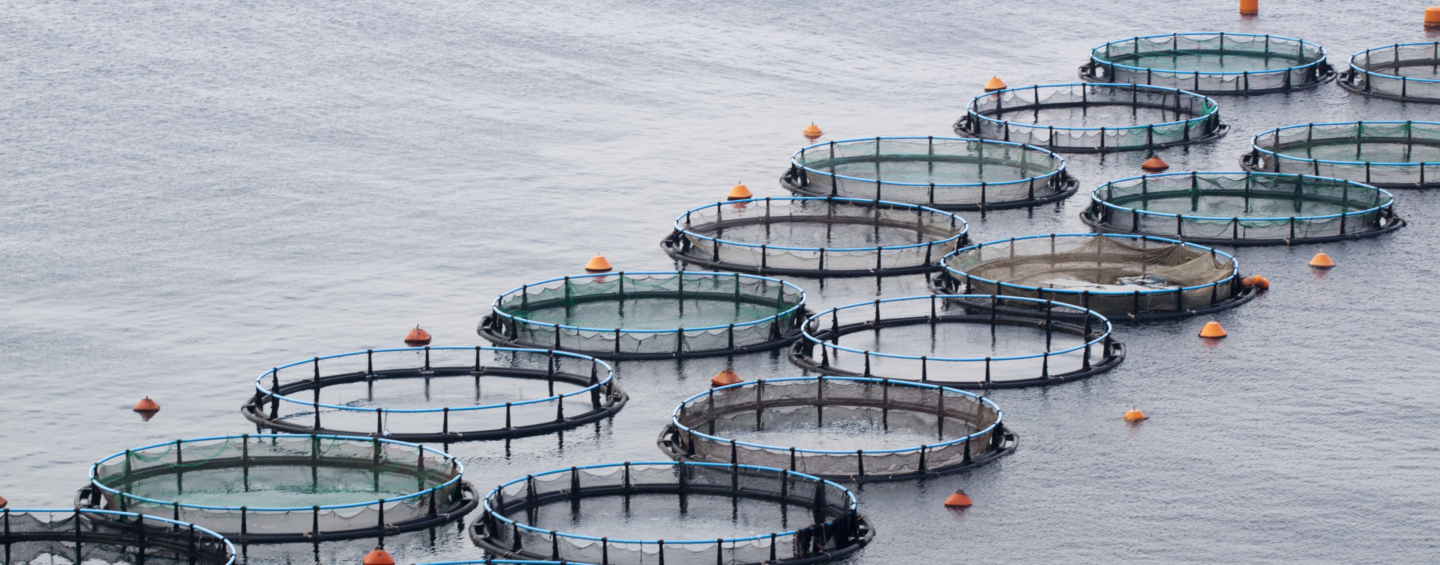Every four years, the Food and Agriculture Organization of the United Nations presents its progress in aquaculture to members and seeks their advice on its future work focus. A few international observer organizations are lucky enough to be invited along, and, for the second time, I was able to represent SFP at the meeting, to understand progress and voice support for some of the activities taking place.
The Committee on Fisheries (COFI) Sub-committee on Aquaculture (SCA) meeting took place in Trondheim, Norway, this year, at the invitation of the Norwegian government, just after the AquaNor expo. There were delegates from every continent, representing countries that farm a wide range of aquaculture species in many different ways – so there were many varied opinions. The program covered genetics, trade, and innovation, but the most interesting elements for SFP were a tool aimed at preventing and managing aquatic animal disease risks in aquaculture through a Progressive Management Pathway, and a special event on better management practices and guidelines for sustainable aquaculture development.
The progressive management pathway for disease risks is a tool that provides governments with an improvement framework for addressing the increasing likelihood of disease problems as industries develop and intensify. The tool maps well to SFP’s Framework for Sustainably Managed Aquaculture and has already had significant international expert input. SFP will remain actively involved in the finalization of the tool in the coming months and explore how it could be piloted as part of existing or new AIPs.
Member countries previously asked the FAO to develop guidelines for sustainable aquaculture, and its focus has been on gathering case studies from across the globe. Several members present at this meeting asked the FAO to keep the focus on sustainable sector management and not to become too focused on performance at the farm level. SFP will continue to actively follow the progress of this process and provide input as appropriate.
The meeting also reviewed the progress of countries against the Code of Conduct for Responsible Fisheries. This performance is only reported in aggregated form, and reporting is voluntary. Although countries do not want the data made public in a way that could enable comparisons on performance, it would be great to see this data published more openly, as it would contribute to understanding the wider policy implementation progress for both aquaculture and fisheries.

